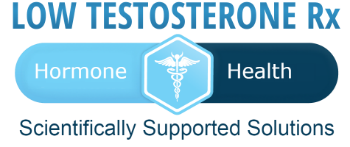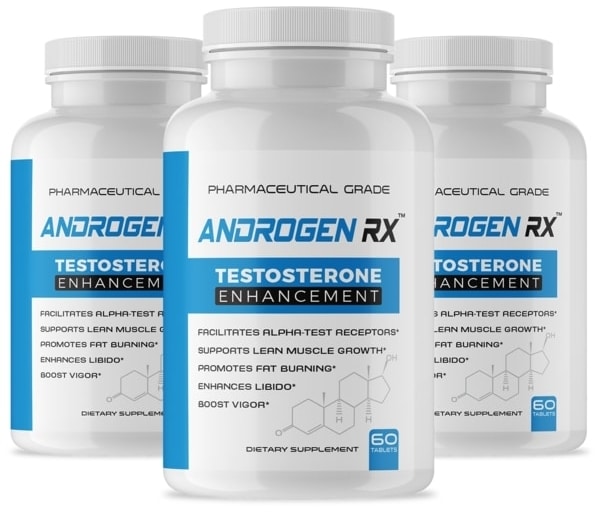How to Keep your Testosterone Levels Higher, Why Testosterone Maintenance is Important.
Maintaining proper amounts of testosterone in the body is important to sustain overall health and well-being. Testosterone is a steroid hormone necessary for enhanced libido, energy, immune function, and protection against osteoporosis. As men age, they need to stay vigilant with testosterone maintenance.
In addition, this hormone supports the development of certain male attributes like hair patterns, building muscle, and voice modulation. Although testosterone is considered a male hormone, women also need small quantities of it for muscle and bone strength. In general, an adult human male produces about eight to ten times more testosterone than their female counterparts.
Puberty
Testosterone production in men increases under the puberty stage. Normal testosterone levels in the bloodstream is about 359 and 1230 nanograms. As people age, a decline in testosterone production is experienced. This decline causes low sex drive, constant tiredness, depression, and loss of strength. Furthermore, very low levels of testosterone in men increases the risk of obesity and heart attack.
Mid-Life, Where Testosterone Maintenance Comes to into Play
As people age, a decline in testosterone production is experienced. This decline causes low sex drive, constant tiredness, depression and loss of strength. Further more very low levels of testosterone in men increases the risk of obesity and heart attack. Individuals are encouraged to talk to doctors or other medical specialists and weigh the advantages and disadvantages of many remedies for low testosterone levels.
Low testosterone levels result from inability of the testes to produce adequate quantities of testosterone. This development affects the whole body system and causes many physiologic, chemical, and hormonal changes. Age is not the only culprit for the drop of testosterone production. According to David Zava, PhD., the president of ZRT Laboratory, a leading hormone research lab in the United States, many factors contribute to low testosterone levels.
Other Causes of Low-T
Environmental toxins, prolonged stress, and depression are just some of the factors that may trigger the body to lower testosterone reproduction. Lifestyle can also be a factor in lowered production of this hormone. Excessive drinking, smoking lack of exercise, and unhealthy diet may damage the testes and lower testosterone production. Other reasons for low production of this substance are hypertension, use of anabolic steroids, prescription or non-prescription medications, surgeries, cancers, and infections.
Improve Lifestyle = Increase in Test Levels
People can improve testosterone levels by changing their lifestyles, improving their diet, or by including exercise programs in their daily lives. Exercise and other physical activities proven to show measurable improvements in testosterone levels. However, activities need done properly to avoid over-training. Over-training causes fatigue and diminish sterility, it temporarily reduces sperm quality and quantity. This happens because the body literally “kills” itself during exercise to build and improve the body and needs rest to attain normal cell development.
Intense physical activities may reduce the level of hormones in the bloodstream that affects sperm production. These sperm levels return to nearly normal after about three days. They added that drinking coffee after a few hours of training may protect sperm quality because of the antioxidants that are found in caffeine.
Treatments
If these adjustments do not work, there are different options that are available to treat this deficiency. General treatments include testosterone injections, patches, and pills. Many products like herbal supplements and vitamin products that claim to boost hormones levels are available in the market.
In addition to these medication, replacement therapy is an option to promote testosterone production. Improved muscle mass, increased bone density and higher energy levels. Also, decreased irritability and anxiety, some of the benefits associated with testosterone replacement therapy.
While low testosterone levels pose a potential threat to the well-being and health of many older men, the treatments are not simple. You have options of prescription injections and gels, as well as testosterone booster pills that are available in non-prescription forms. Individuals, encouraged to talk to doctors or other medical specialists and weigh the advantages and disadvantages of many remedies for low testosterone levels.
Increasing testosterone levels in men is very important for overall health, but it should only be done with the advice of medical professionals.

